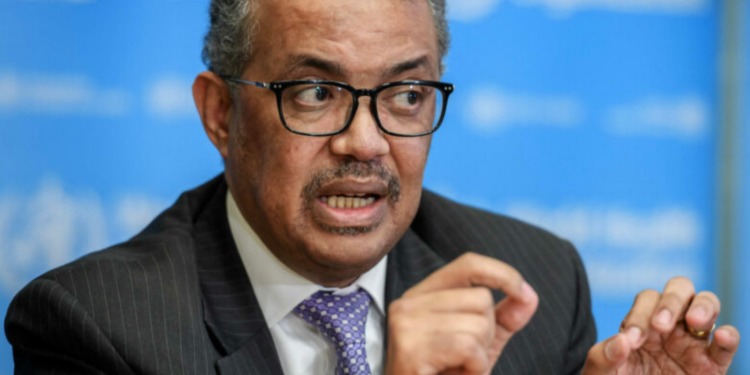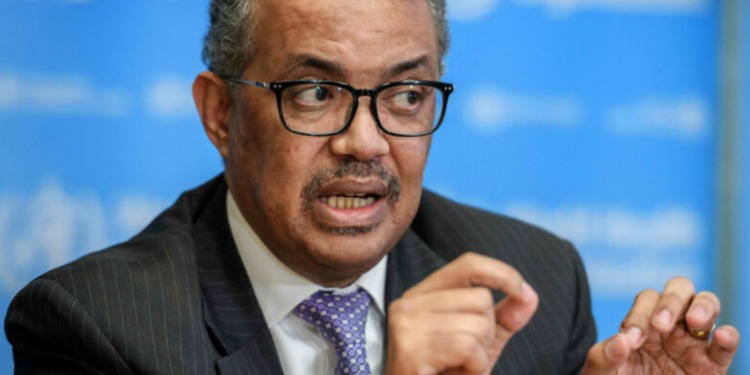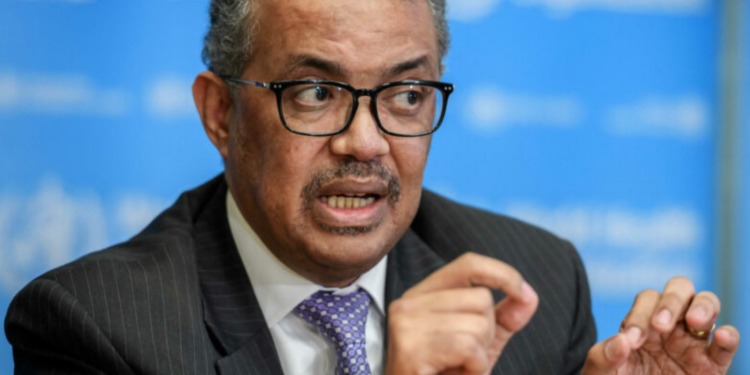The Director-General of the World Health Organization (WHO), Tedros Adhanom Ghebreyesus on Tuesday urged countries to take proactive measures to prevent the recurrence of pandemics and the spread of new viruses. Addressing leaders, scientists, and health advocates at the COP29 summit in Baku, Azerbaijan, Ghebreyesus said analysis and predictions regarding the probability of recurrence of …


